
Toronto's most famous sushi restaurant reinvents itself in the face of fraud and a lockdown
A restaurant that first put elevated sushi and omakase in the limelight in the city over 20 years ago in a totally new situation over the past year, facing not only a global pandemic, but fraud.
Sushi Kaji was opened in 2000 by Mitsuhiro Kaji. His wife Mieko Kaji and sister Misako Yoshino have been helping him run the small, independent restaurant since 2005, and niece Kiara (Misako's daughter) now helps out by managing social media. Misako does the bookkeeping.
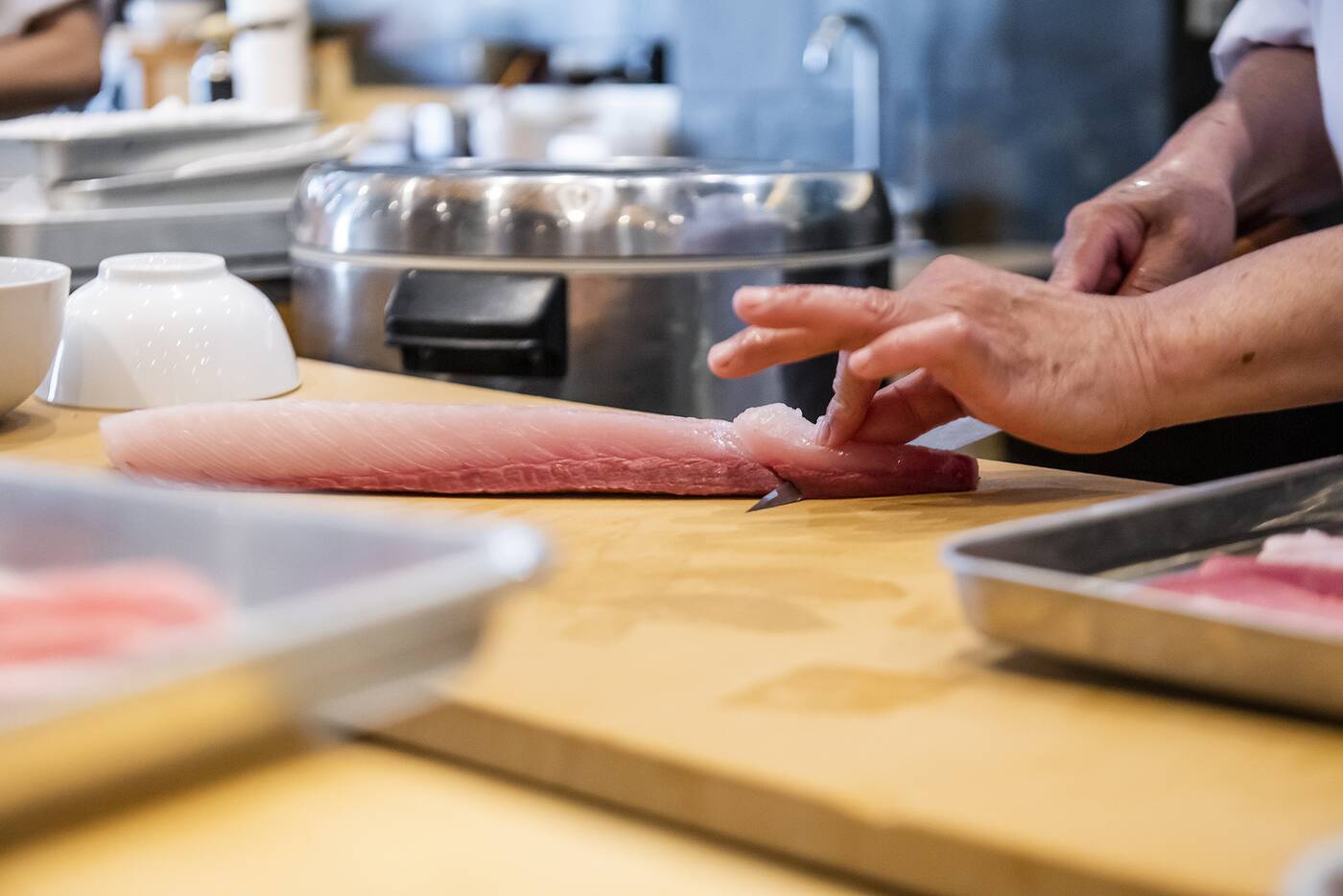
Kaji thought the omakase system of ordering food was something people in Toronto would enjoy, and up until the pandemic, was still serving his eight- to 10-course menus to trusting customers: omakase translates to "I leave it up to you."
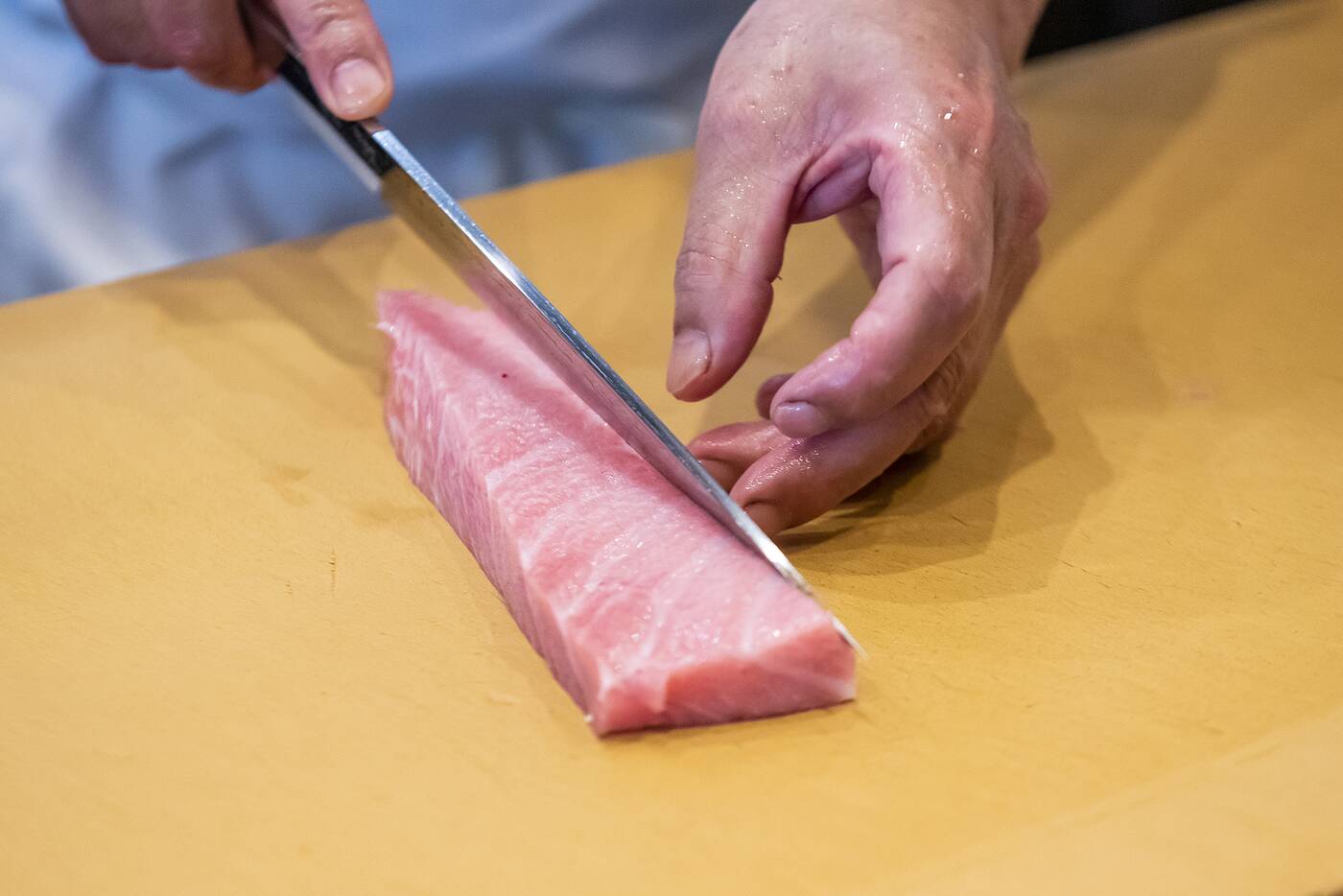
Sushi Kaji has always had fixed menus and has never done takeout, so when dine-in service was suspended they were forced to stop doing omakase for the first time ever and come up with new ways to serve and connect with their customers (which unfortunately would also leave them vulnerable to scams).
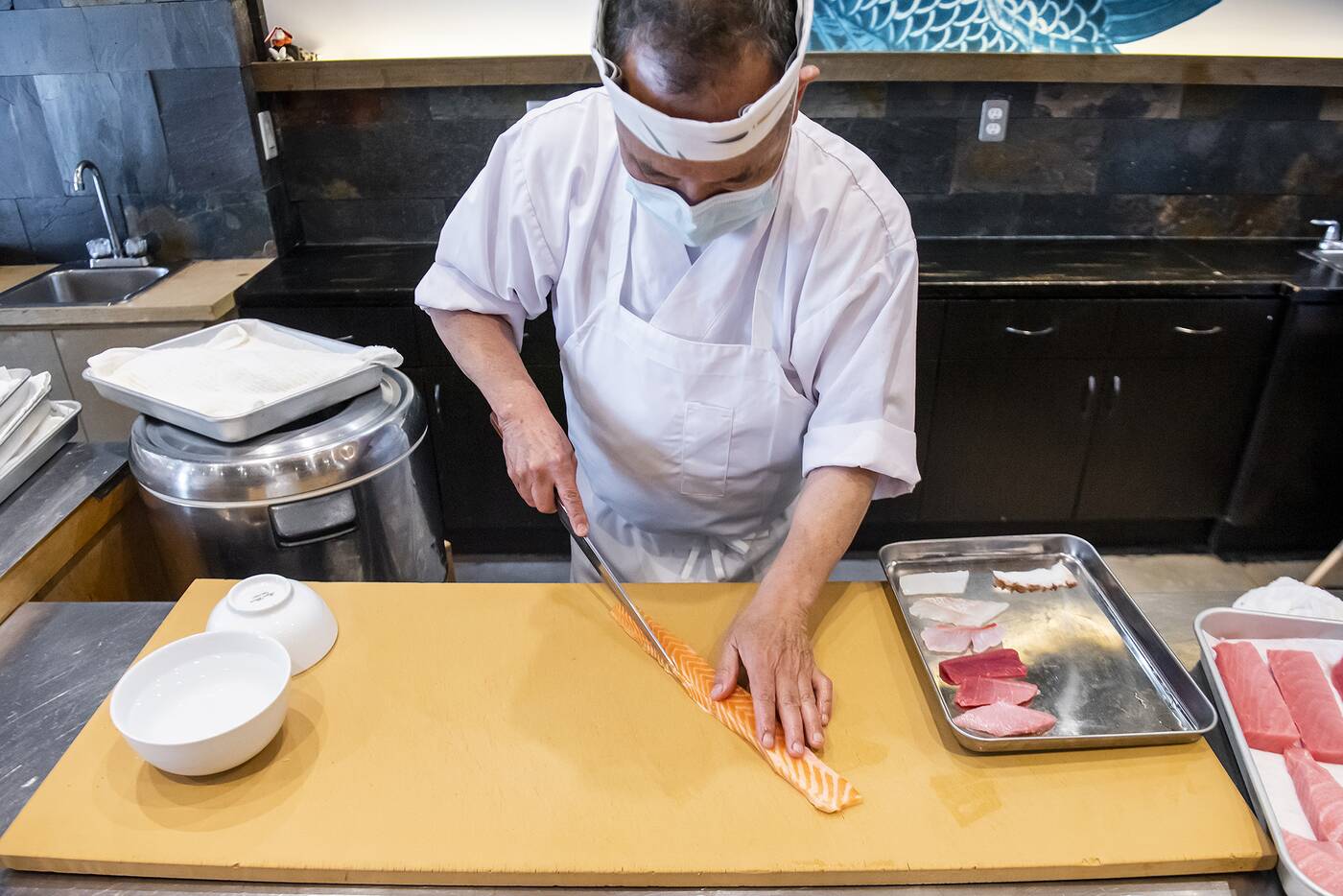
"At first we were overwhelmed. I assume every other business would be overwhelmed," Kiara Yoshino tells blogTO.
"We went through a rough patch where we sat down and thought about how we should tackle this new challenge."
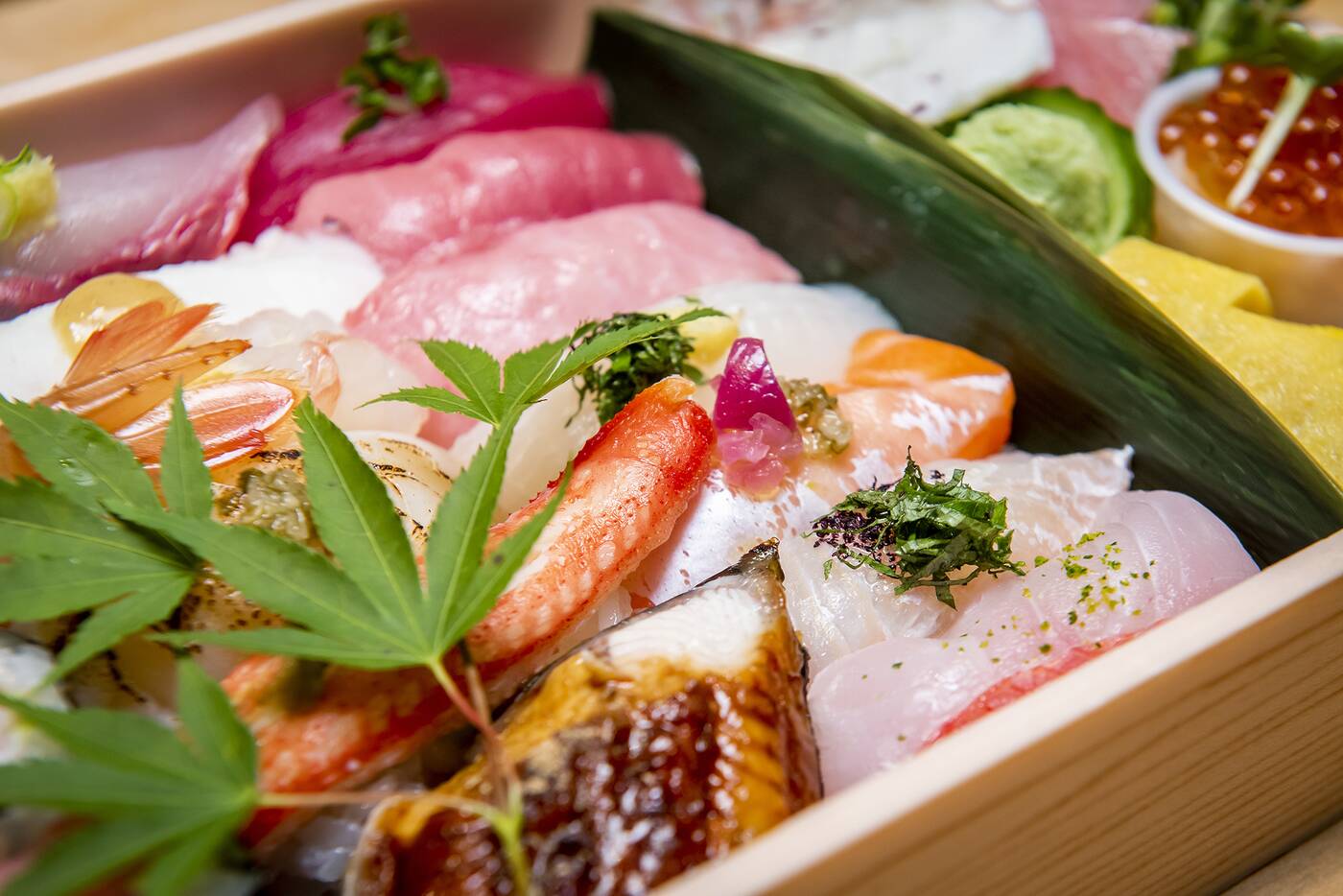
Thinking positively, they figured it would be an opportunity to try something new with a menu where people could choose what they wanted.
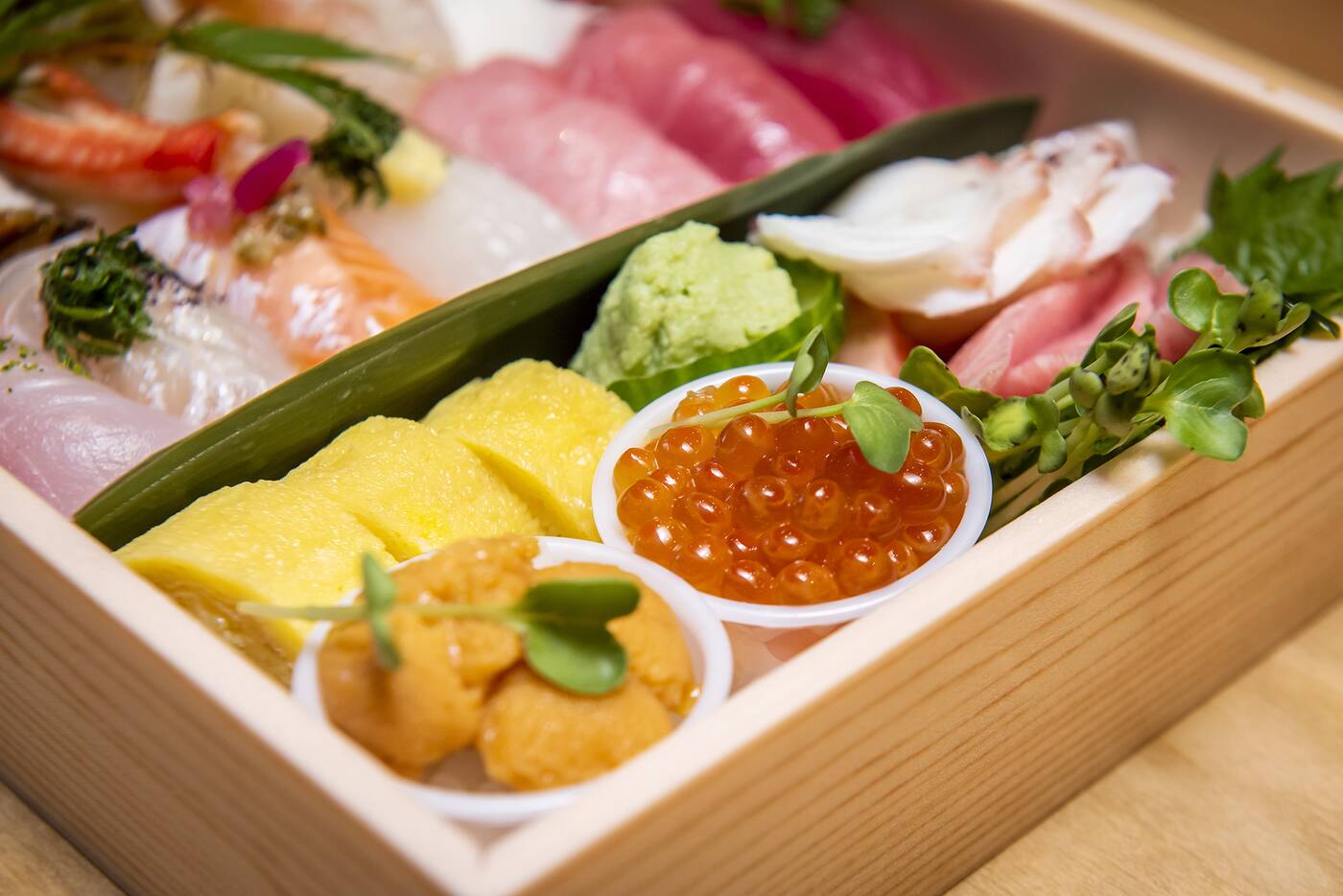
Their takeout menu now consists of a salmon trout roll set ($34), toro roll set ($55), unagi don ($28), A5 Wagyu sushi ($36), premium sushi set ($85), sashimi box ($65) and Kaji's selection box ($135).
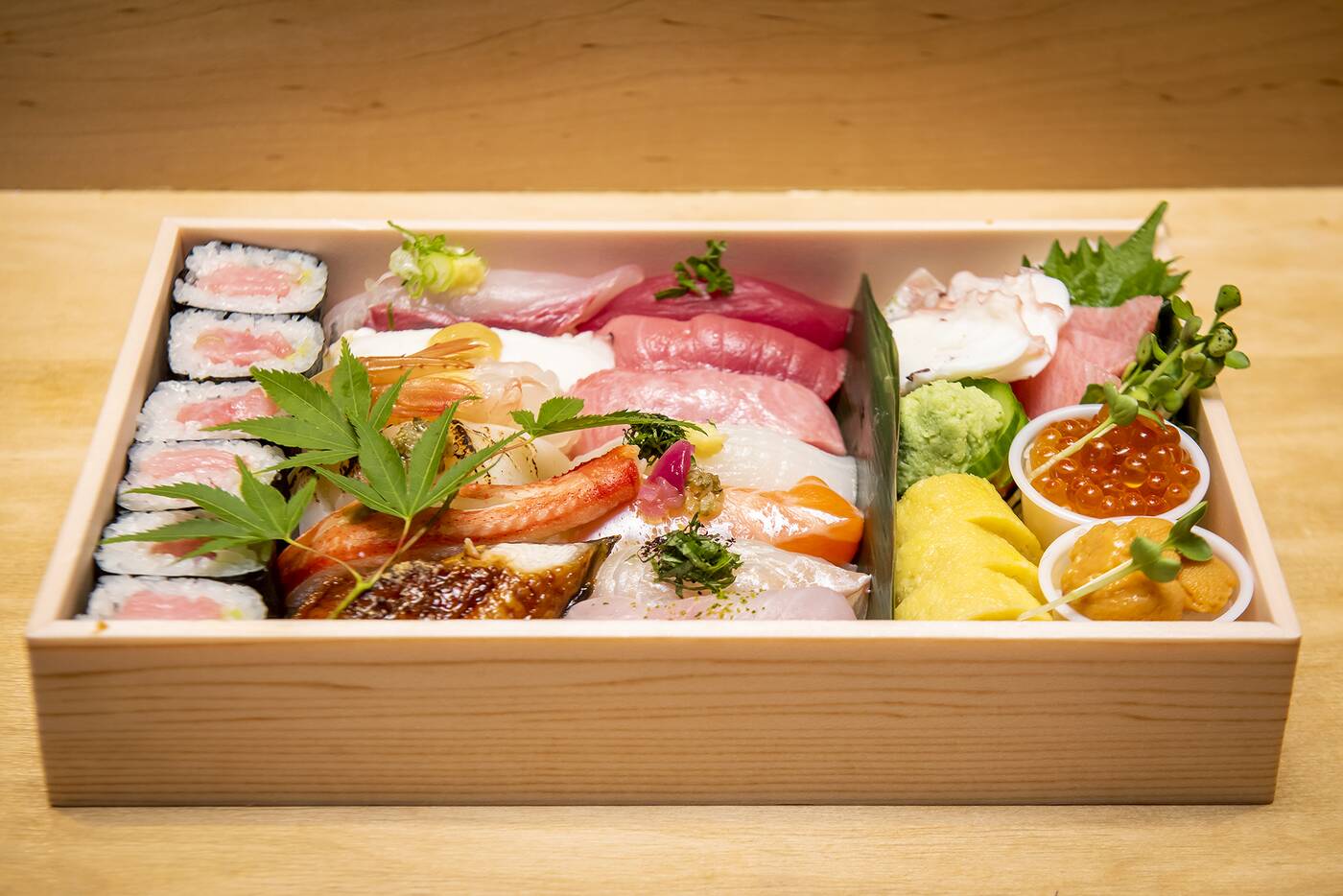
The premium prices drew in scammers who would order large quantities of food using credit cards and then call banks claiming they had some issue or complaint with the order, like it was wrong or they weren't satisified with it.
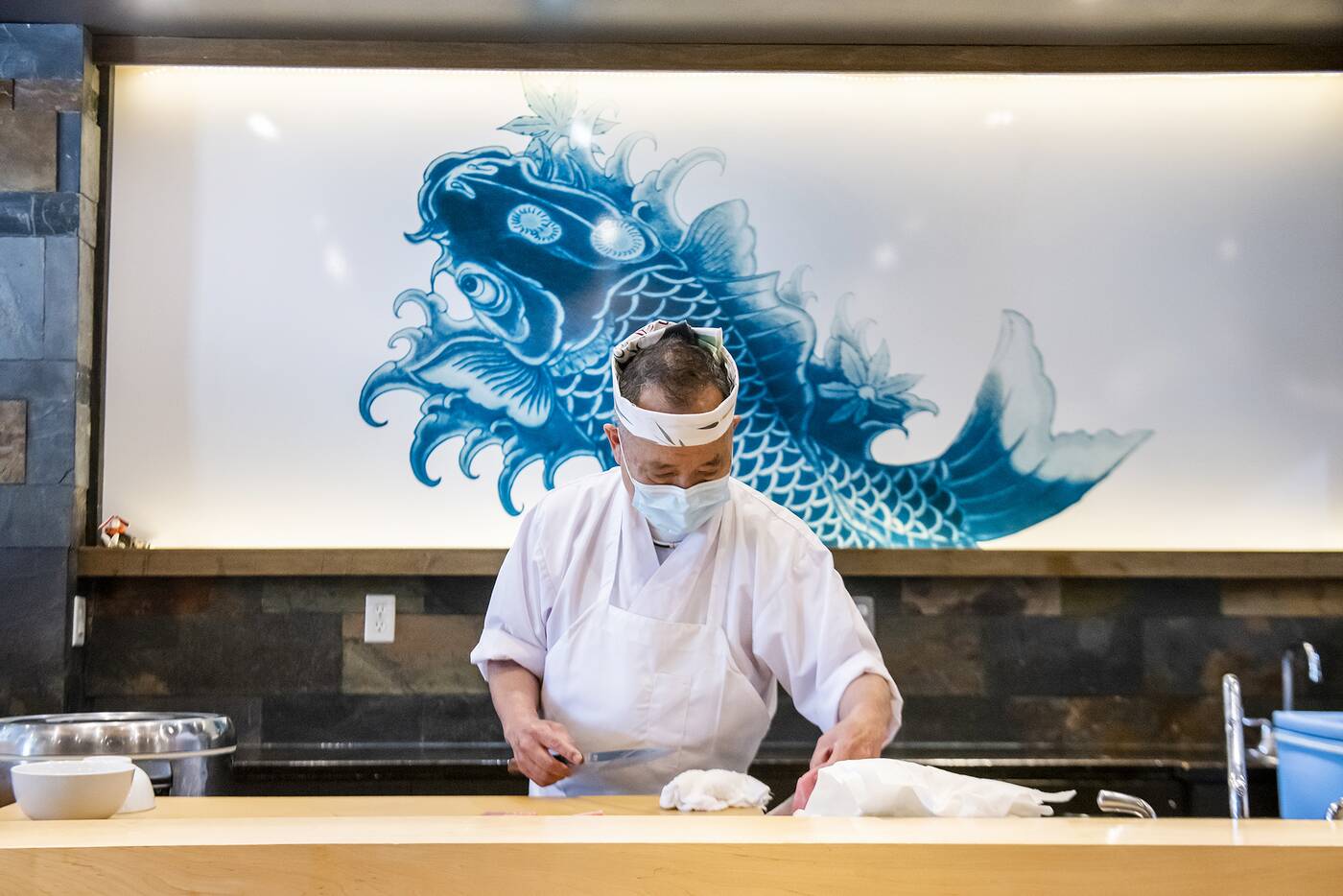
To the surprise of the family at Kaji, the banks would simply take the money back from them with no discussion.
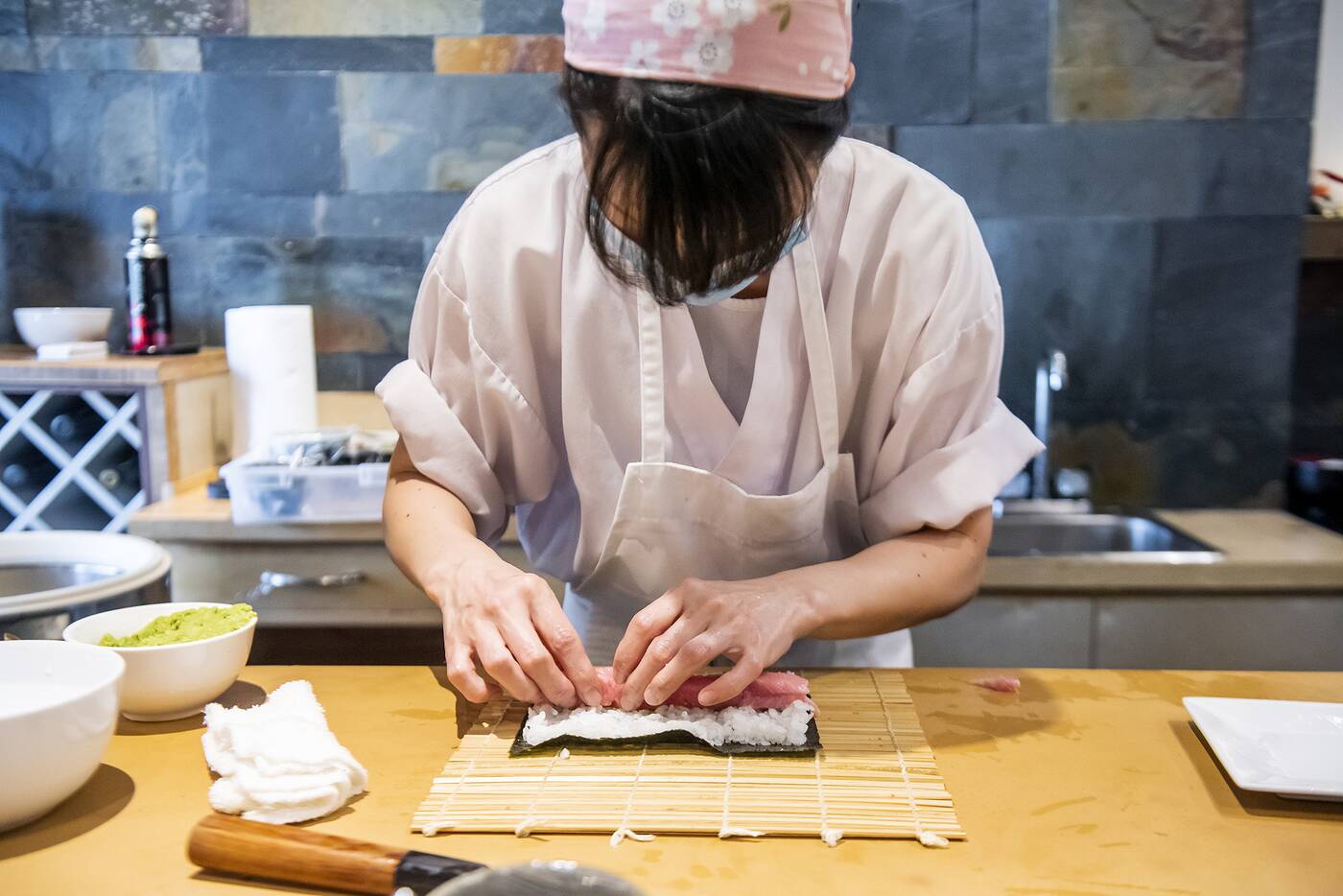
Yoshino says people scammed them this way multiple times with different names and credit card numbers.
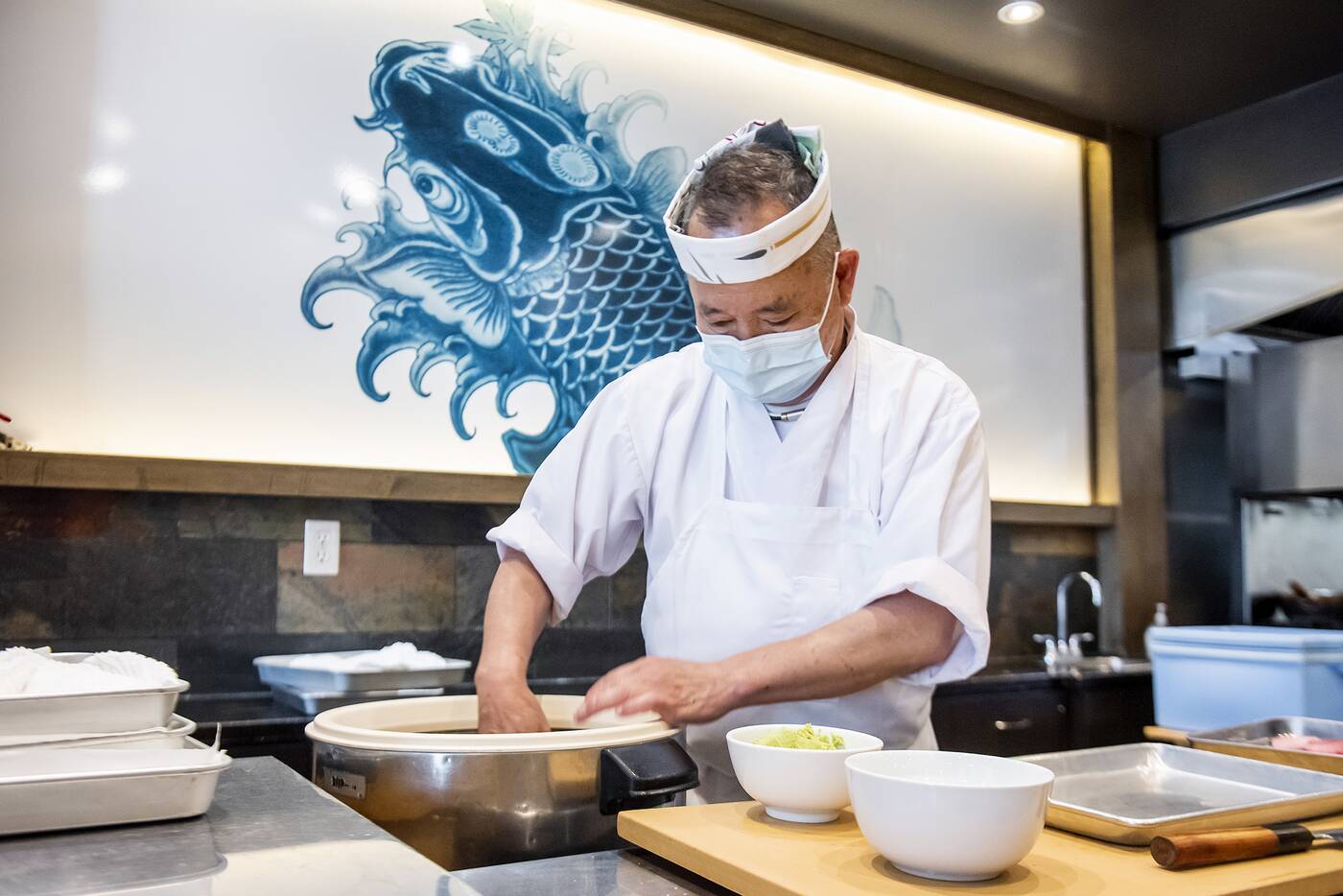
Yoshino and her family felt it was "I don't want to say 'wrong,' but unjust," and that there "needs to be a fix" for this kind of issue.
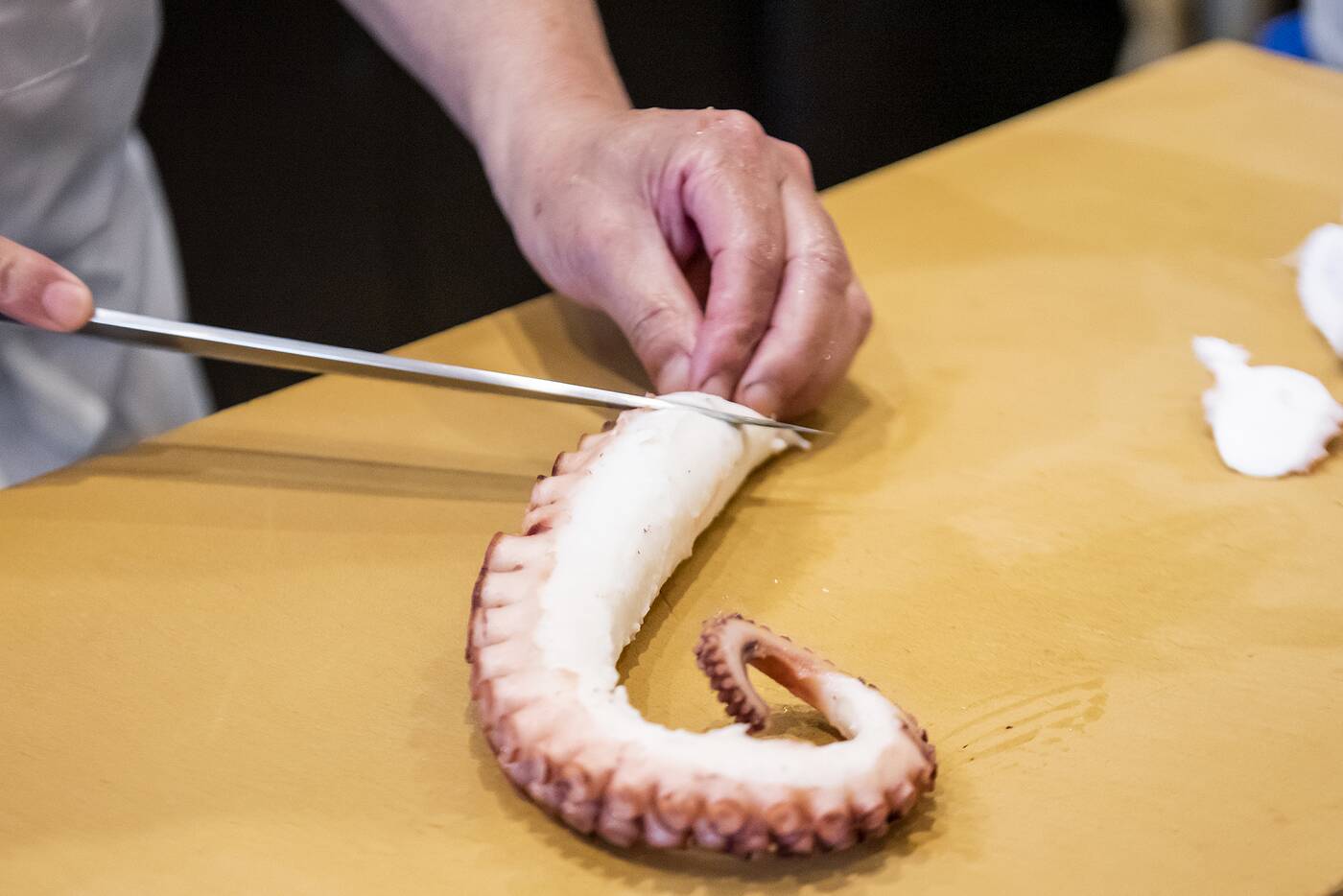
"Given the circumstances, we were disappointed people would do that to a local small business," says Yoshino.
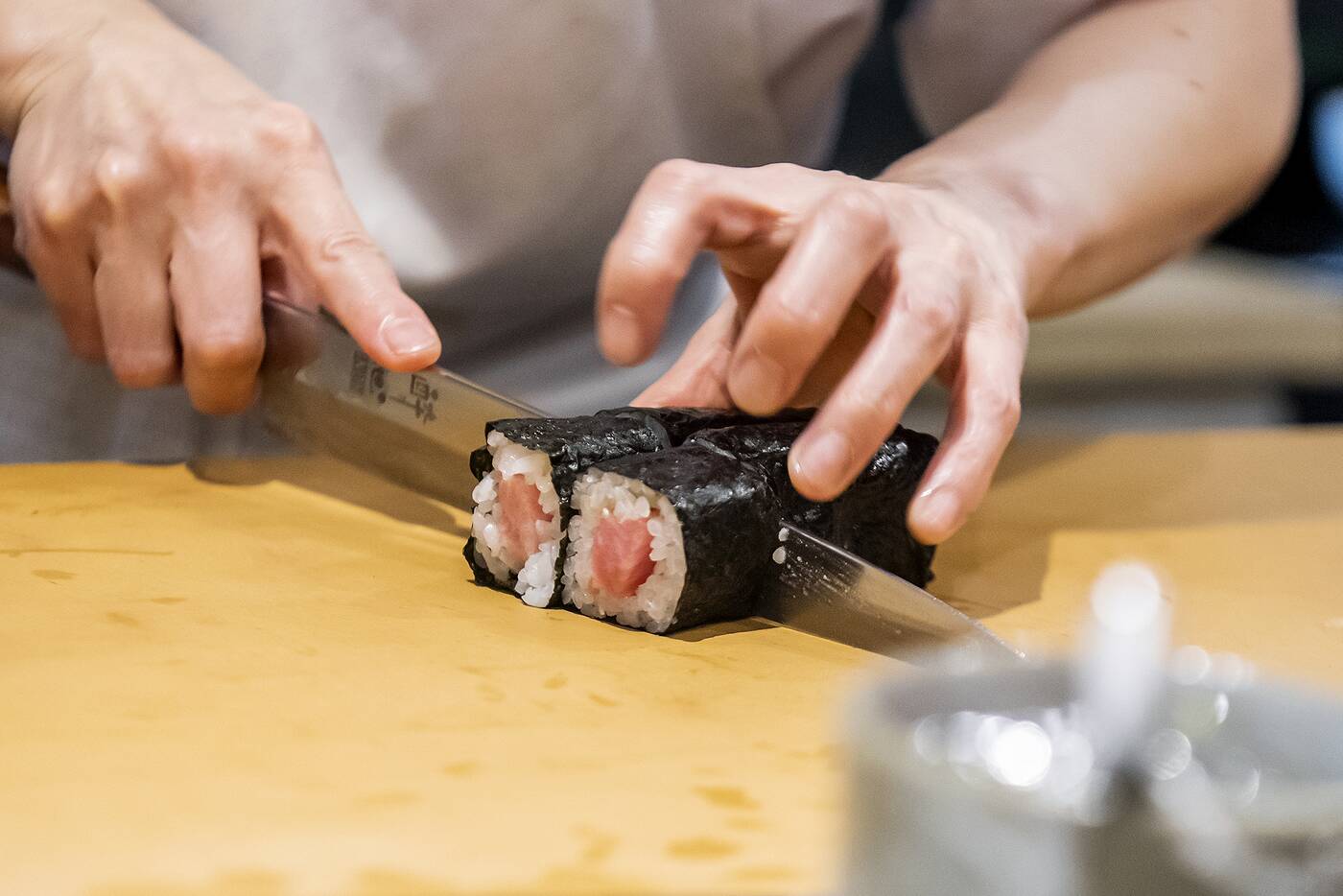
Fortunately, Sushi Kaji was able to resolve the issue by doing what local restaurants do best: staying in touch with their community.
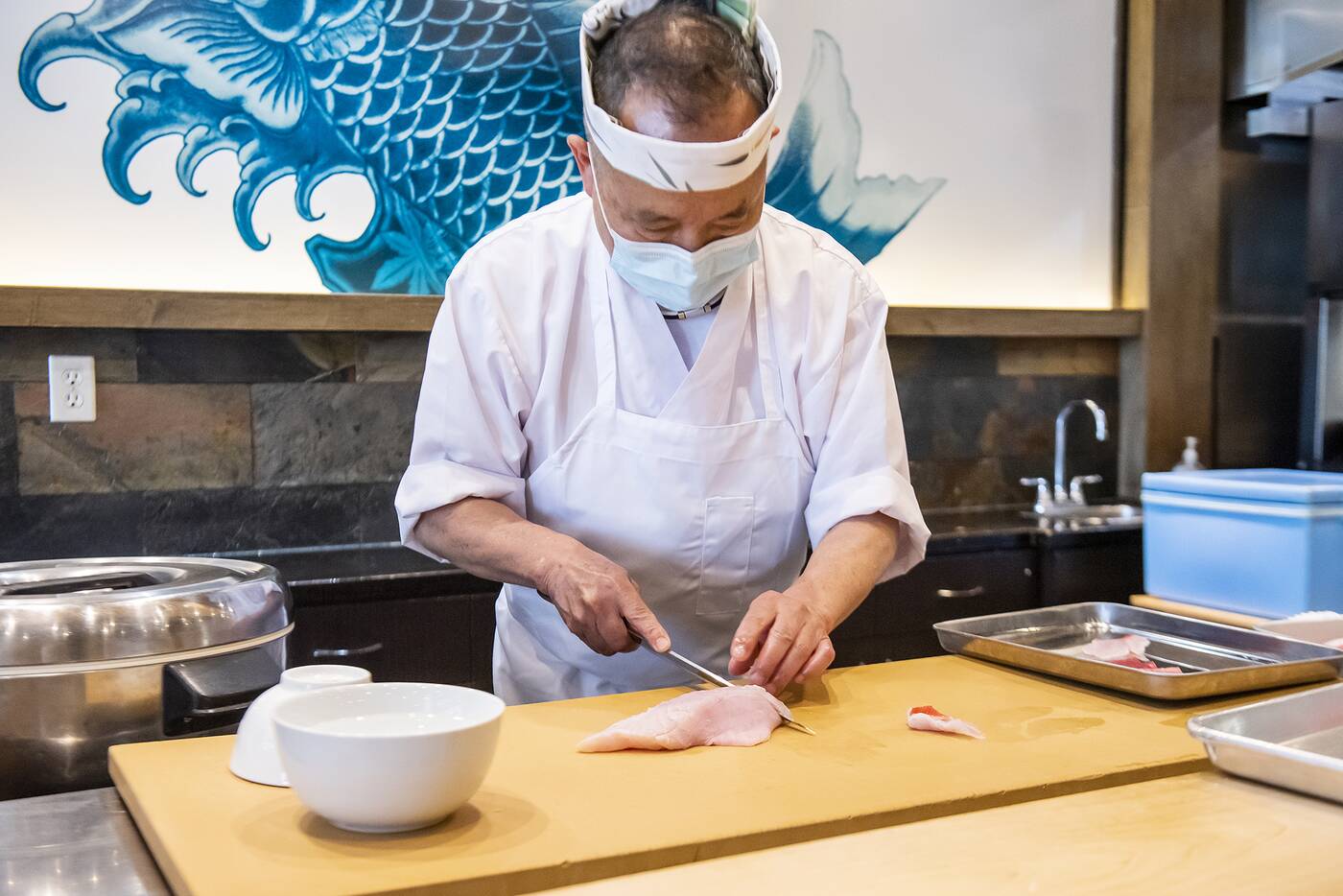
They posted to their Instagram explaining what was happening, and that going forward they'd only be taking payment in person for pickups and would no longer be taking credit card numbers over the phone.
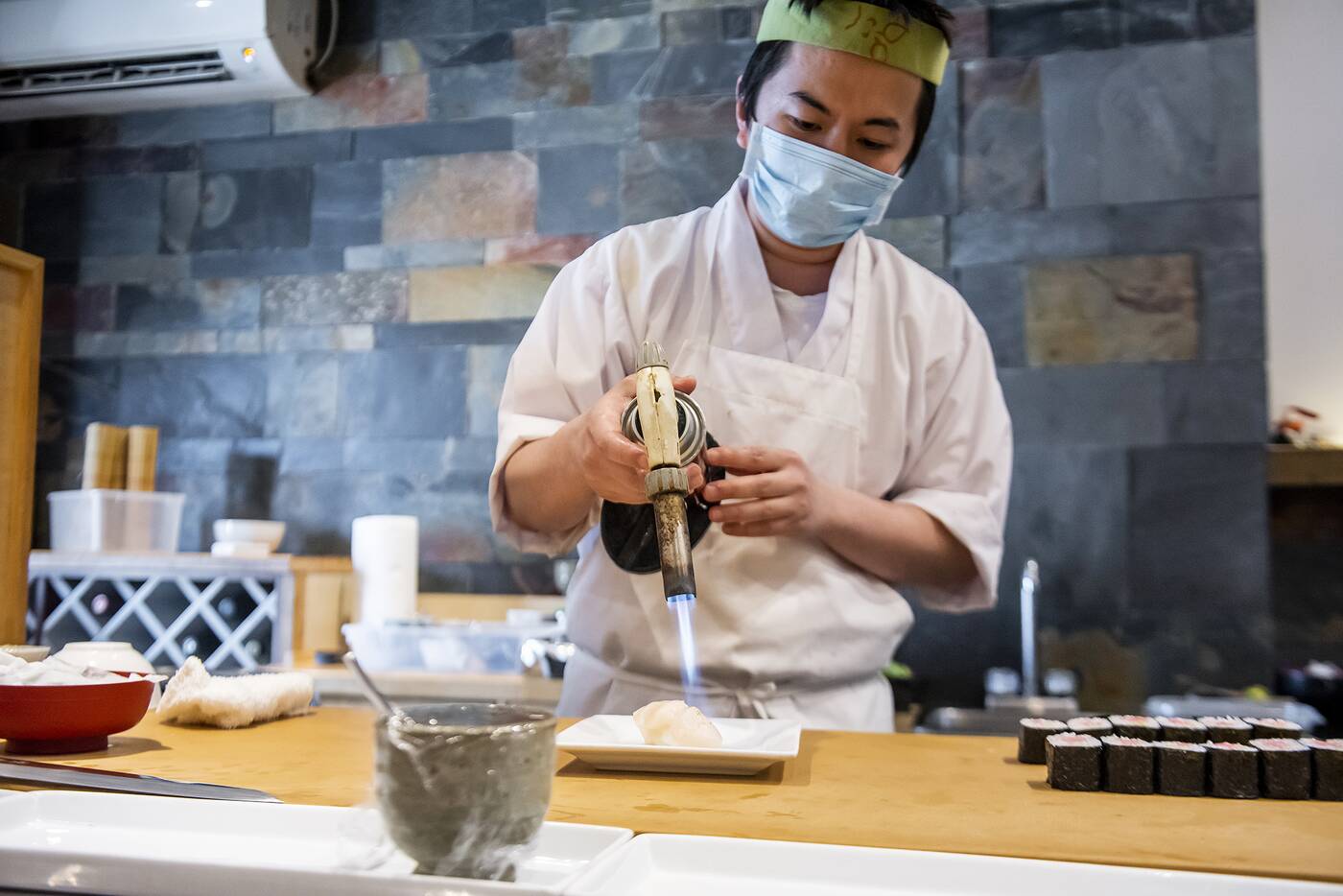
"We didn't want to make this choice," says Yoshino. "We didn't want to ruin their experience. We were anxious they might get a little upset that their experience is different just because of these people."
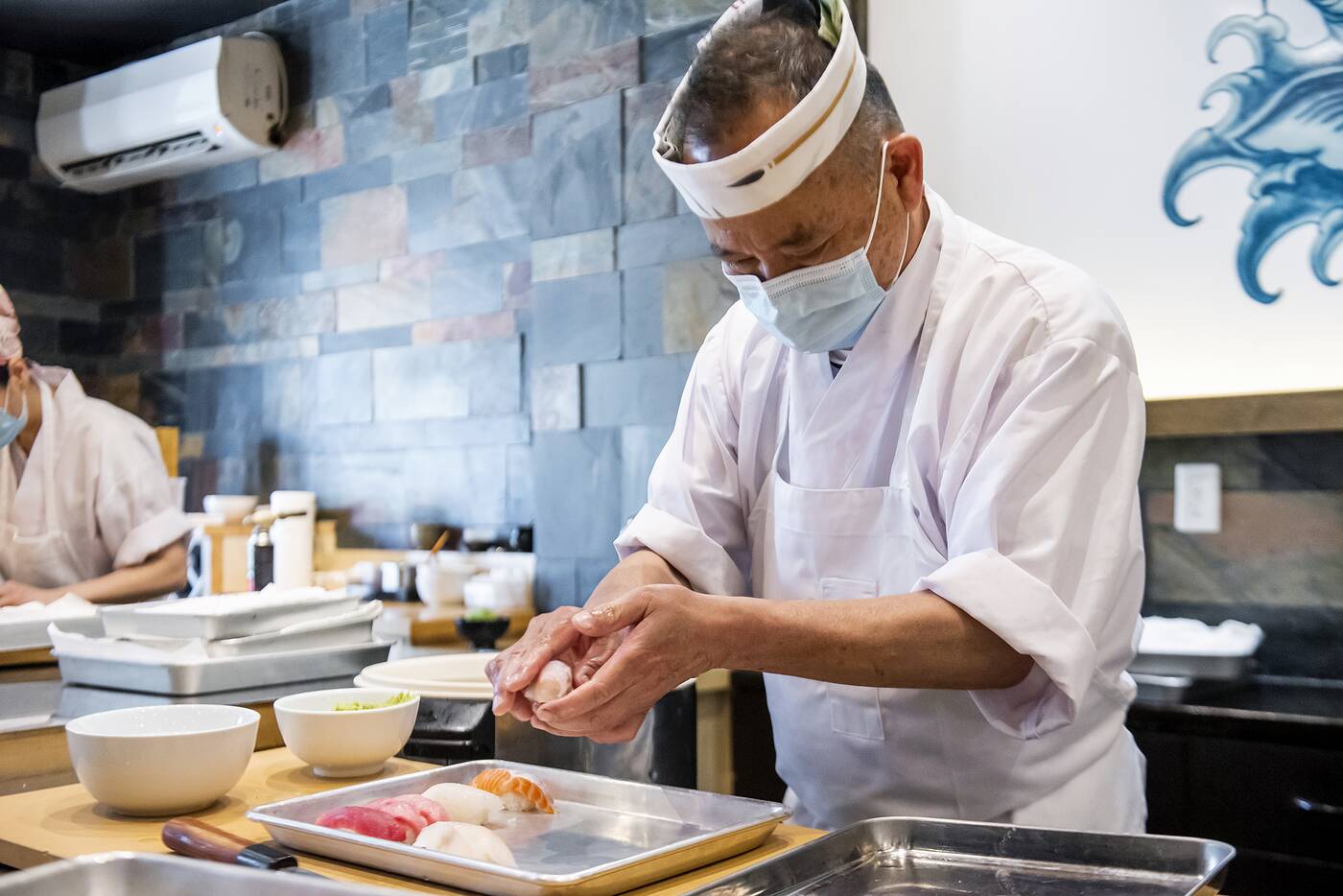
However, he says their customers were supportive and a lot of people actually expressed anger towards the scammers, rushing to the defense of their beloved sushi restaurant.
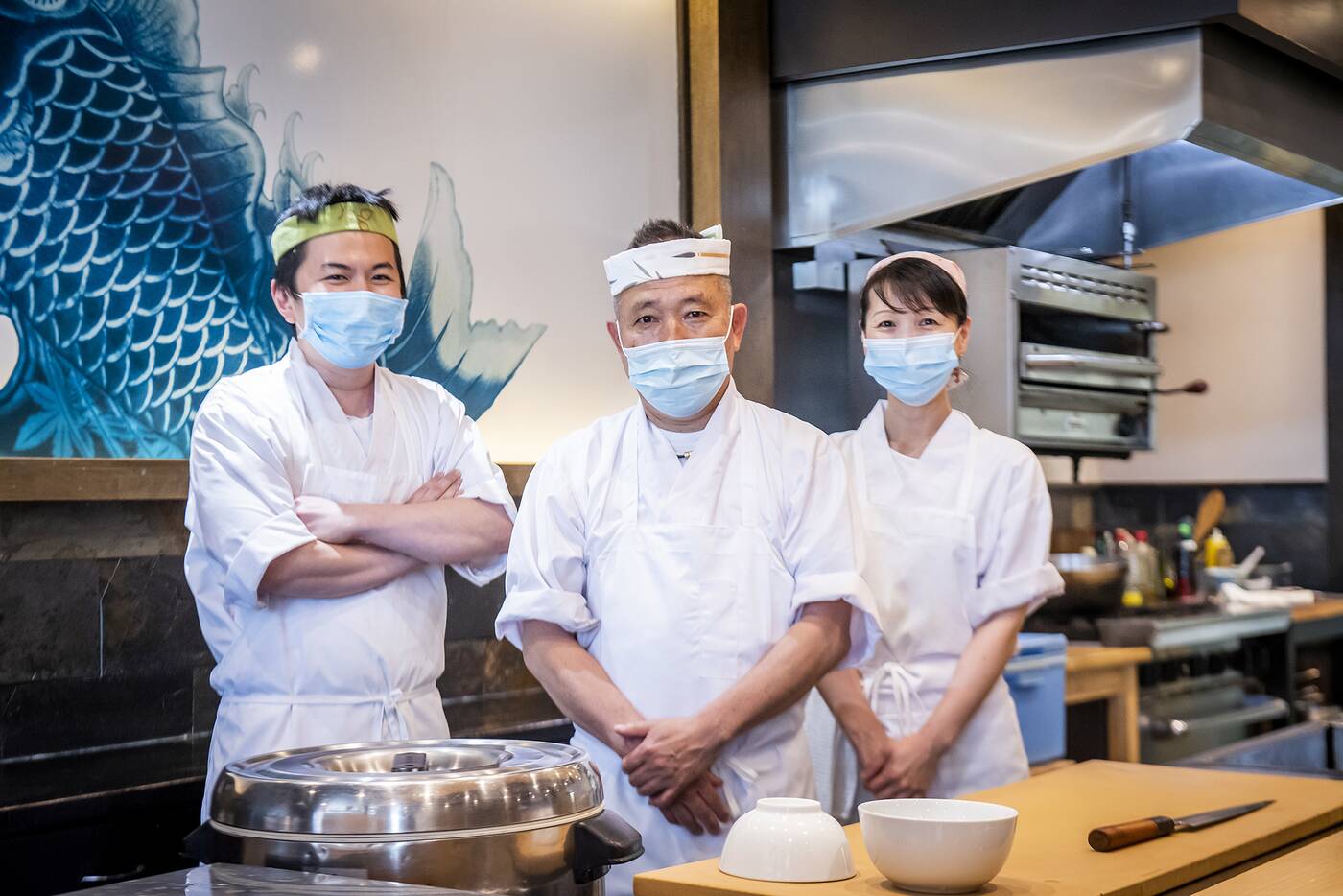 It just goes to show that when it comes to adapting, no one does it like family businesses, and scammers should just forget about trying to mess with them.
It just goes to show that when it comes to adapting, no one does it like family businesses, and scammers should just forget about trying to mess with them.
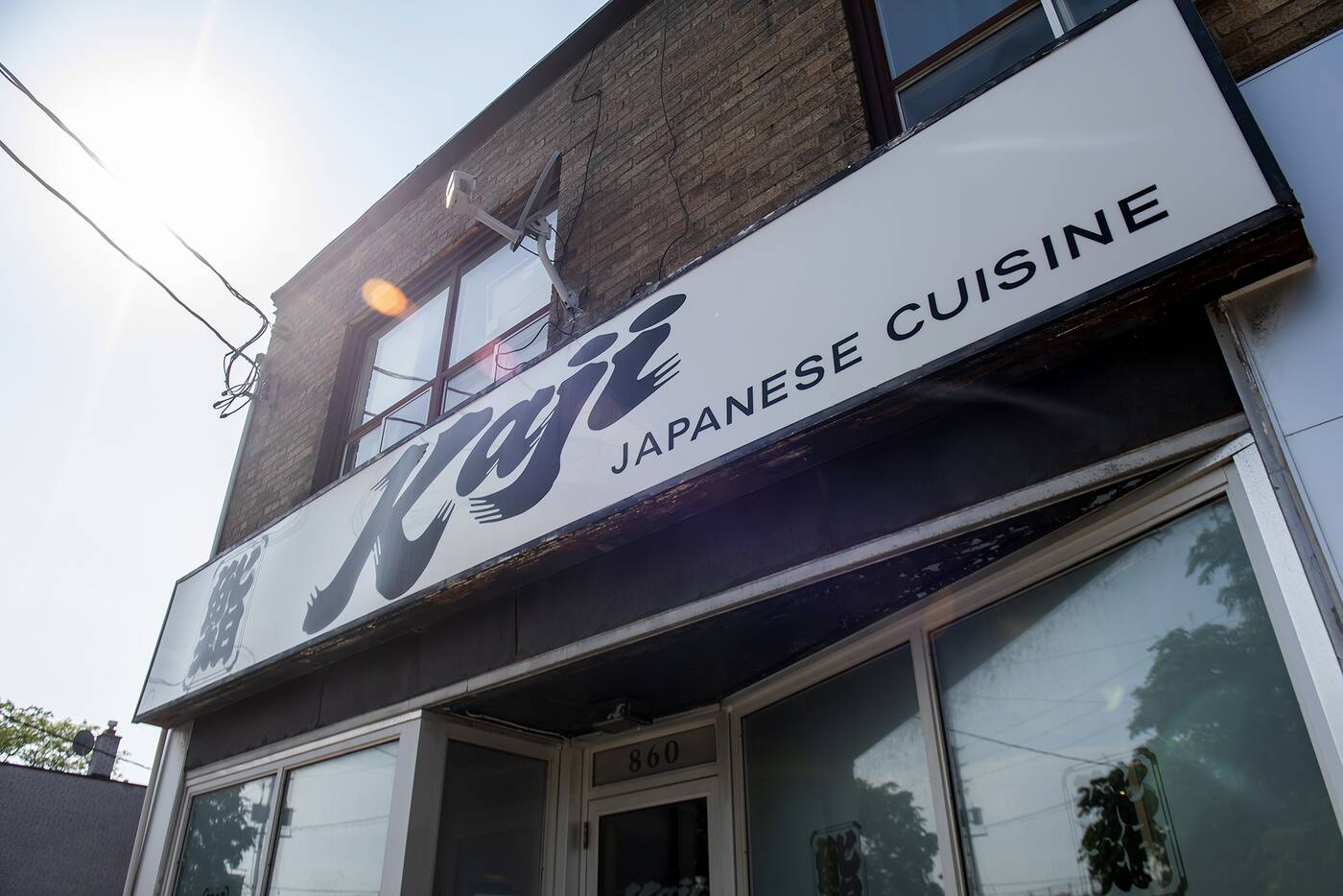
Hector Vasquez
Latest Videos
Latest Videos
Join the conversation Load comments







